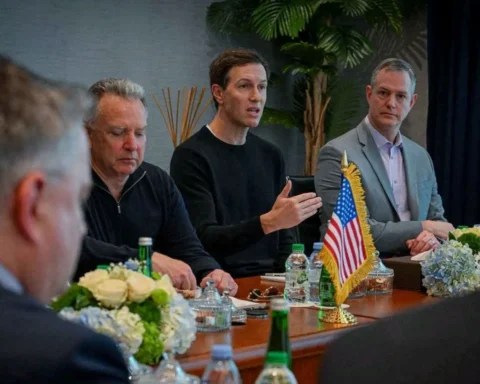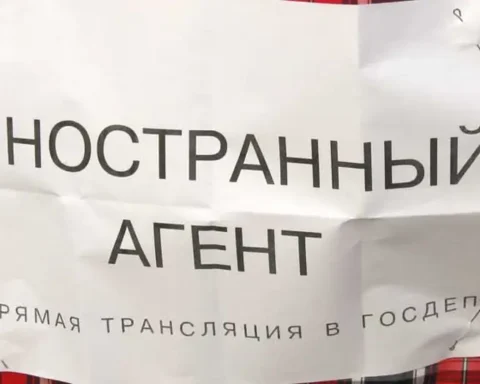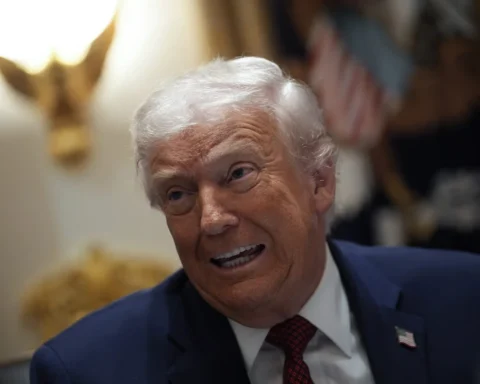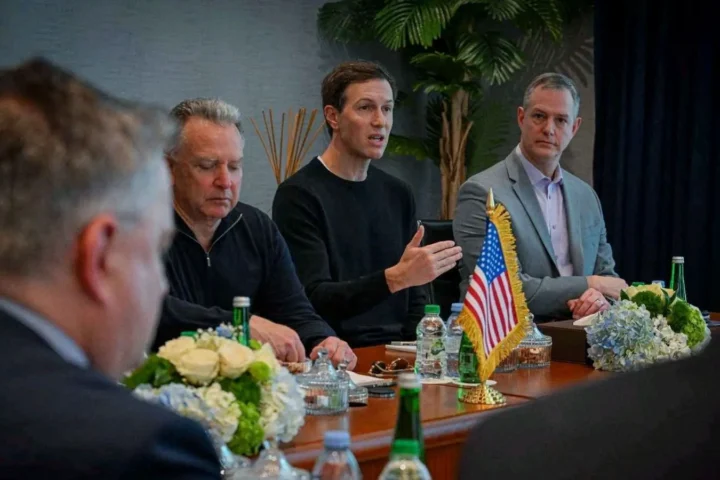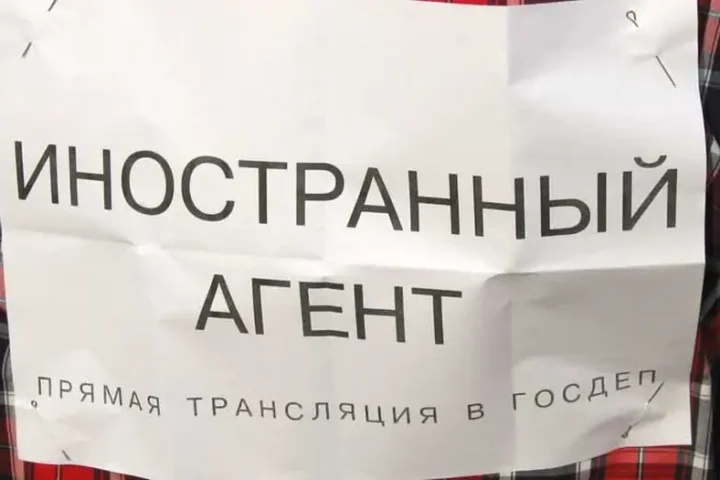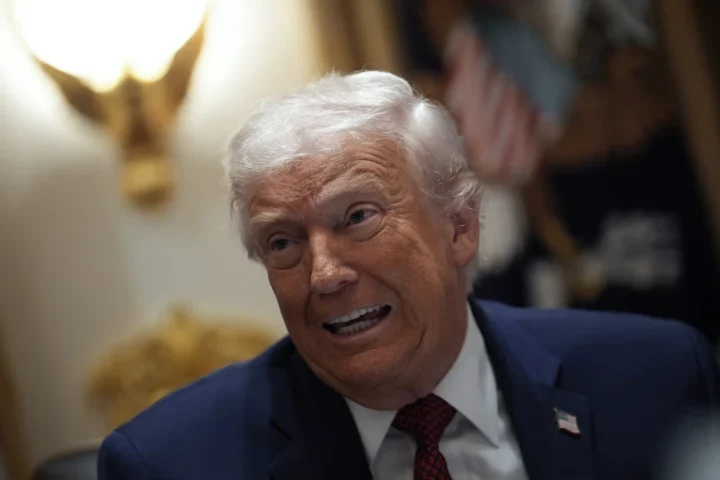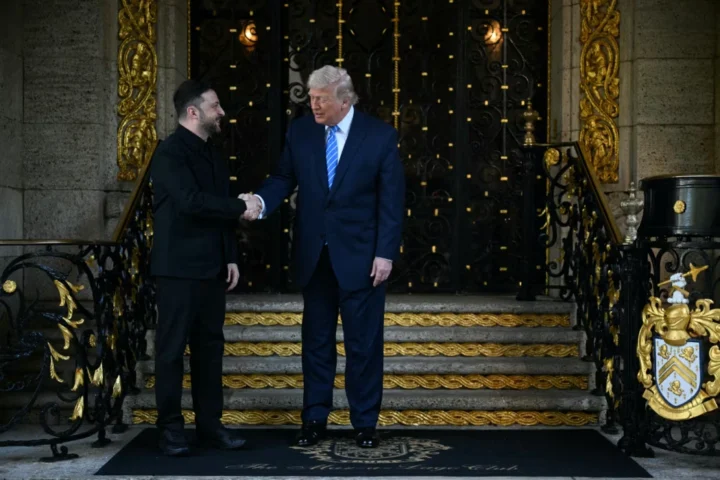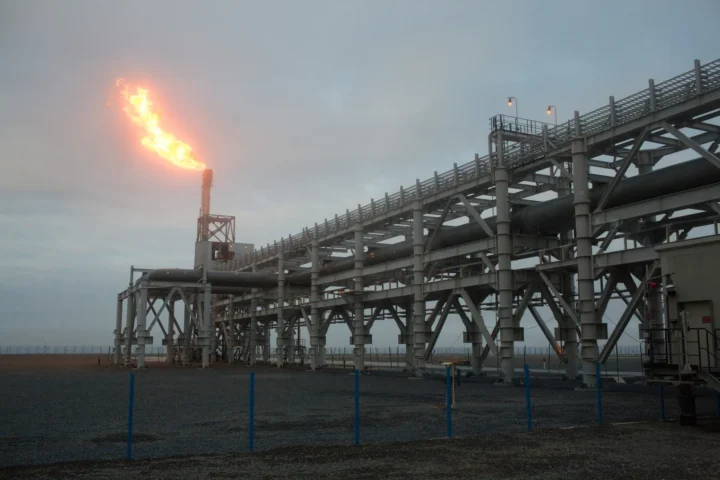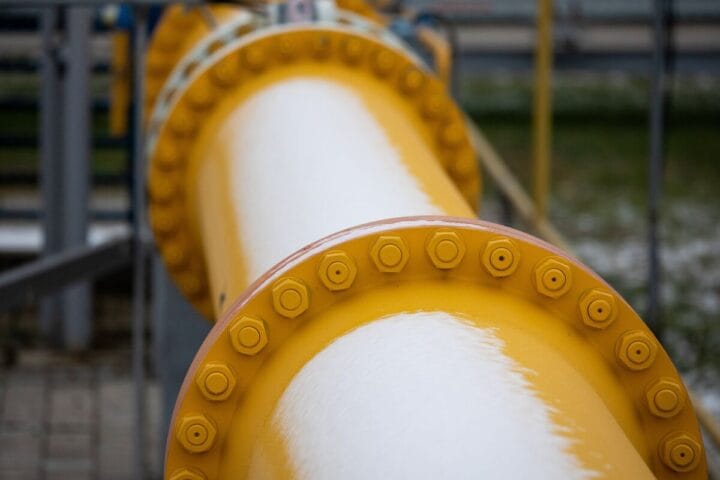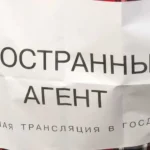As Russia approaches the 80th anniversary of its victory in World War II, a long-standing tradition—the Victory Day amnesty—may be abandoned. Sources indicate that key figures within the ruling United Russia party and the Kremlin have put the brakes on a large-scale prisoner release. Instead, a stark alternative is reportedly being proposed: sign up to fight in the Special Military Operation (SMO) or remain incarcerated.
The “Good Cops” of KPRF & LDPR
The Communist Party (KPRF) and the Liberal Democratic Party (LDPR) are stepping in with their own amnesty proposals, advocating for the release of minors, mothers with young children, and men over 65. One particularly notable proposal from the LDPR suggests freeing the remaining “Chernobyl veterans,” who number fewer than 90 across the nation.
However, these proposals are unlikely to gain traction with United Russia. Political analysts suggest that with elections still some time away, even a formal rejection of these amnesty plans could serve as a strategic move—garnering sympathy for the opposition among the families of tens of thousands of incarcerated individuals.
“Redeem Yourself in Blood”
According to insiders, the government’s position is firm: if able-bodied men under 65 have already been given the opportunity to “redeem themselves in blood” on the battlefield—and many have accepted—then there is little justification for a blanket amnesty. Reports indicate that in some penal colonies, inmates face an ultimatum: remain imprisoned or enlist in the military. Some sources suggest that due to ongoing recruitment efforts, prisons in certain regions are already operating at reduced capacity, rendering traditional amnesty unnecessary.
Despite this, there remains the possibility of a limited presidential pardon in May 2025. Women with children, individuals with disabilities, and elderly prisoners might receive clemency via a single decree, bypassing the lengthy legislative process.
Political Prisoners: Hopes Fading
The outlook for political prisoners, including opposition figures such as Ilya Yashin and Vladimir Kara-Murza—both labeled as “foreign agents” by Russian authorities—remains bleak. Observers suggest that even under a potential new Republican administration in Washington, human rights concerns are unlikely to factor into diplomatic negotiations with Moscow.
While exiled opposition activists continue to press Western leaders to make amnesty a key demand in any future talks with Russia, the international response has so far been lukewarm.
A Tough-on-Crime Approach
Historically, President Vladimir Putin has been resistant to large-scale amnesties, viewing them as undermining the authority of judicial sentencing and fostering corruption. Under the guidance of figures such as former Deputy Chief of Staff Viktor Ivanov, the Kremlin has prioritized projecting strength over clemency. Past amnesty efforts, while notable, have been limited:
- 2013: Commemorating the 20th anniversary of the Russian Constitution, some prisoners—including those involved in the “Bolotnaya” protests and certain economic offenders—were released.
- 2015: Marking the 70th anniversary of Victory Day, select groups, including minors, were pardoned or had their sentences reduced.
- 2024: In honor of International Women’s Day, President Putin issued a decree pardoning 52 women.
However, officials argue that with prison populations already declining due to alternative methods—such as military conscription—there is no pressing public demand for an amnesty in 2025.
Grim Realities Behind Bars
Despite the option of military service as an alternative to incarceration, conditions in Russian prisons remain dire. Human rights organizations report poor hygiene, inadequate medical care, and overcrowding in some facilities—though others have seen a decrease in numbers due to SMO-related recruitment. Accounts from prisoners and their families detail mistreatment by prison staff and a lack of legal recourse, fueling calls for reform. However, for now, the government appears to have other priorities.
The Bottom Line
To the Kremlin, prisoners are less a humanitarian concern and more a potential reserve force for the battlefield. If the prison population can help fill ranks in the ongoing conflict, authorities seem willing to prioritize conscription over clemency. While official statements remain scarce, insiders suggest that when the 80th anniversary of Victory Day arrives, hopes for a large-scale amnesty will likely go unfulfilled.



